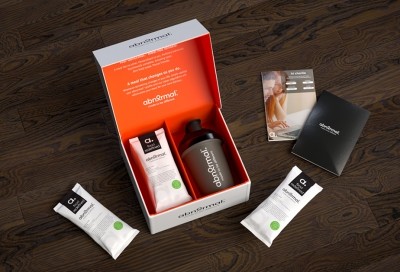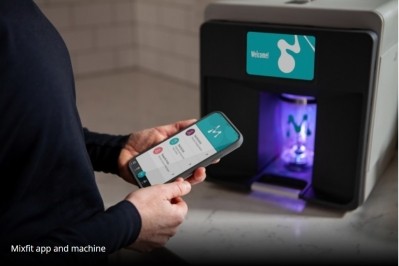Innovation and funding not deciding factors in PN success, position paper suggests

The paper, which counts Nard Clabbers and Mariette Abrahams as lead authors, acknowledges that while the potential is there, its realisation depends greatly on the choice of business model employed to entice and keep consumers.
Written with the help of over 50 stakeholders, the paper identifies current solutions employed that include personalised dietary recommendation services, ‘at home’ or ‘on the go’ eating and personalised products like meal kits or supplements.
“Business models that cater to ‘high interest’ consumers especially targeting supplements, are successful but still niche,” the paper states.
“These business models seem to resonate with strategies given the ease of scalability. It also underscores that cost, convenience and deliverance of clear consumer benefits are current drivers in the PN space.”
Business success
Foodvalley NL, a non-profit organisation based in Wageningen in The Netherlands, steers potential investors and firms towards first identifying clear target groups and value proposition supported by the right distribution channels and a scalable and sustainable cost model in order to achieve success.
Here a prime factor is convenience, where efforts consumers make are in balance with the added value generated by the PN offering that contributes to overall consumer engagement and retention.
The authors cite the experience of US-personalised wellness firm Arivale, which managed to raise €45.8m ($53m) in funding but accrued only 5000 – 15,000 customers during the same period.
Citing high price points and customer acquisition costs, Arivale shut down customer operations in April 2019, as the cost of collecting genetic, blood and microbiome assays exceeded what customers would pay for it.
Habit was another PN firm that welcomed a €27.7m ($32m) investment from Campbell Soup Company back in 2016, in which the San Francisco firm would develop and deliver customised meals to users’ doorsteps based on the individual’s biology, metabolism and personal goals.
The dream turned sour only less than two years later as Habit put its expansion plans on hold with Campbell’s eventually selling its interest in the firm in 2019.
“How, as a scale-up, can we respond in smarter ways in order to target specific lifestyles via personalisation of food using tech and data, and using fresh and unprocessed products as a starting point?” comments Jack Stroeken, CEO and founder of Dutch personalised menu firm Ekomenu.
“There is huge potential for food for health, and personalisation is one important aspect because the medical system is built on individual solutions and treatments whereas the food system is built on households and social consumption.”
PN evolution
The paper goes on to highlight that as PN solutions continue to evolve, reducing the consumer cost burden while delivering the benefits, especially for products with increased personalisation will became more desirable.
Its authors also predict a point where the evidence of PN’s benefits would lead companies to find ways to reduce costs via reimbursable programmes via employers, government health programmes or insurers that open up new avenues of adoption.
“Industry players from various value chain points, from tech and diagnostic companies, food producers and retailers and other professions like health insurance and healthcare, should be involved to foster a connected ecosystem,” the paper comments.
“The concept of ‘food as medicine’ will grow in momentum, provided local governments play a supportive role to create the space for developing such solutions.”








